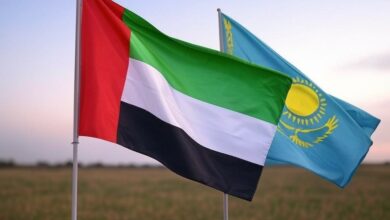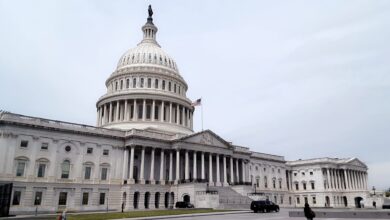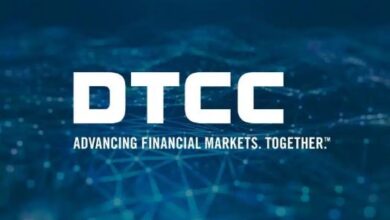INTERPOL holds first DarkNet and Cryptocurrencies Working Group

Altcoins identified as serious law enforcement challenge
The rise of Altcoins, an alternative to Bitcoin, has been identified as an emerging threat by the first INTERPOL Working Group on DarkNet and Cryptocurrencies.
In recent years, INTERPOL has witnessed a sharp rise of phenomena such as DarkNet markets, cryptocurrencies and specific Bitcoin mixers and tumblers, which pose a major threat as they are not only limited to cybercrime, but cut across a multitude of crime areas.
Other challenges identified by participants included cryptocurrency mixers, anonymization techniques, lack of altcoin tracing tools and decentralized escrow services.
Held at the INTERPOL Global Complex for Innovation in Singapore, in cooperation with the Bavarian Ministry of Justice (Germany), the working group gathered 39 participants representing 18 member countries and Europol.
During the two day (15 and 16 March) meeting, police officers shared case examples of global Darknet and cryptocurrency investigations, along with the technical and legal challenges they face in various national contexts.
Participants overwhelmingly agreed on the importance of networking and information sharing to maximize investigative resources and avoid duplication of efforts. The Working Group discussed the use of commercial and law enforcement developed forensic tools and their benefits when investigating criminal cases. Other recommendations included the use of knowledge databases and the creation of international investigation guides.
Anita Hazenberg, Director of the INTERPOL Innovation Centre, echoed the idea and encouraged active collaboration through the Working Group, which will serve as a global platform in fighting criminals who seek to exploit the evolution of anonymization techniques.
The meeting also affirmed that capacity building and training on DarkNet and cryptocurrencies was crucial to ensuring that investigators keep up with the evolution of forensic tools and techniques.
The second Working Group will be held in October 2018 in Germany.





